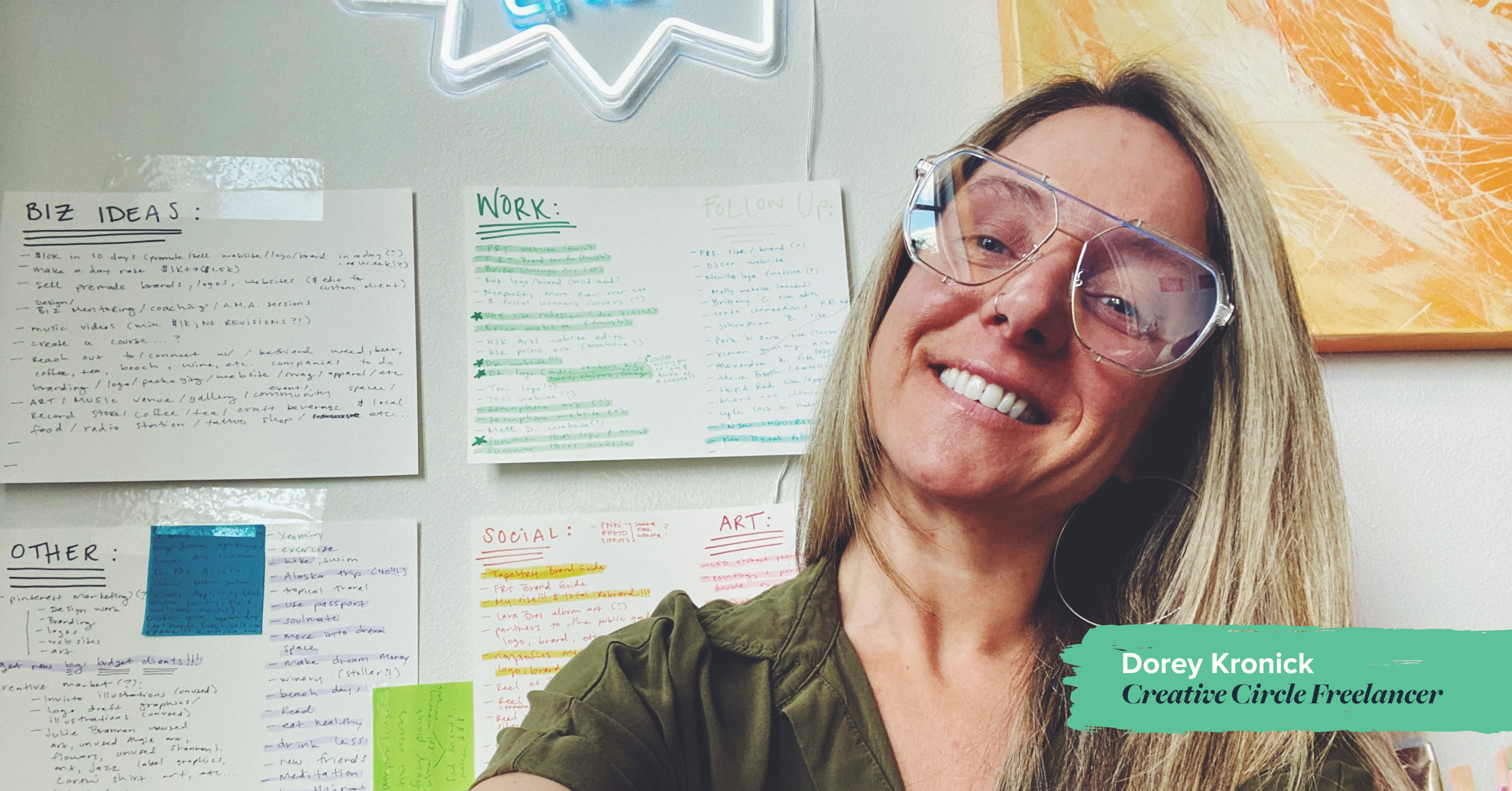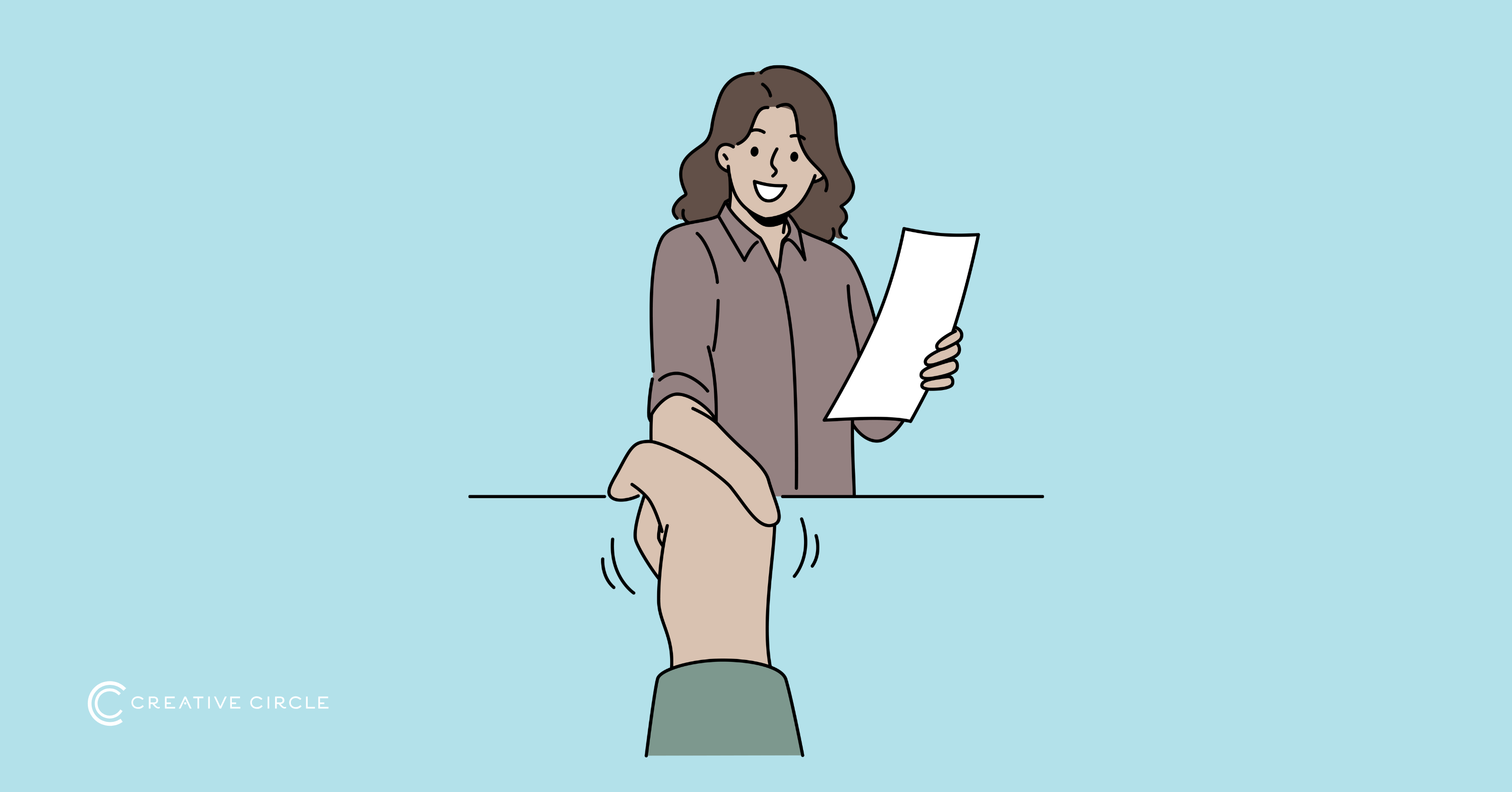You Detest Your Job. Now What?
It happens — you can’t stand your job and want a new one. Examine this statement, because a number of things are important here. You need to know what is prompting this situation. If you don’t uncover the root of what ails you, there’s a chance you may end up in a similar situation again.
Here’s a quick guide to decision-making and action items:
- Identify and evaluate what’s motivating you to leave. What is the problem(s)? Does it have to do with your job itself, e.g., responsibilities of your role, promotion potential and possibilities, compensation, or performance reviews? Is it the organization, e.g., company policies, culture, benefits, work-life balance, products or services, work environment, or leadership? Or is it interpersonal? Have you attempted to tackle these matters?
Of course, nothing needs to be wrong with your current job for you to leave. Perhaps it’s simply time to try something new. Regardless, think carefully about the pros and cons of resigning. Evaluate everything and, if the conclusions support leaving, then pursue dual paths. Meaning: (1) continue to work hard at your present job as you (2) eye new opportunities. Don’t jump.
- Strategize and build your infrastructure to find a job. Moving on is a process. It requires planning and constructing a bridge to the future. What are you looking for? Crystallize the answer to this question. Research different angles, job titles, responsibilities, companies, and industries. Update your resume, and consider developing several versions for the different types of jobs you are pursuing. Post a LinkedIn profile or revise the one you have. Check out recruiting firms, such as Creative Circle, and register with them. Do all of this quietly, yet decisively and efficiently.
- Network and pave the way. Find groups and attend meetings to make connections with a range of people. Speak with your contacts, ask questions, and, more than anything, listen. Gather and share information. As you do, refrain from talking badly about your colleagues and company. Set up job alerts that go directly to your personal email on LinkedIn, Indeed, and other sites. And on that note, ensure your personal email address is business appropriate; if not, create a separate one for job hunting. Use your time outside work to do all of this.
- On your mark, get set, go! If the time is right and all signs point to starting anew somewhere else, swing into action. With your grasp of the situation and puzzle pieces in place, apply, apply, apply. Compose your talking points. Hone your interviewing skills. Research the how-tos of these critical components online; enlist mentors, friends, and family to help. Write templates for cover letters and interview thank you notes, and personalize them before sending. It may take a while to land the right offer, or not long at all. Be prepared to wait it out. Repeat: Don’t be hasty.
About the author.
You name it, she covers it. That’s the can-do attitude Sherry M. Adler brings to the craft of writing. A polished marketing and communications professional, she has a passion for learning and the world at large. She uses it plus the power of words to inform and energize stakeholders of all kinds. And to show how all of this can make a difference, she calls her business WriteResults NY, LLC.




